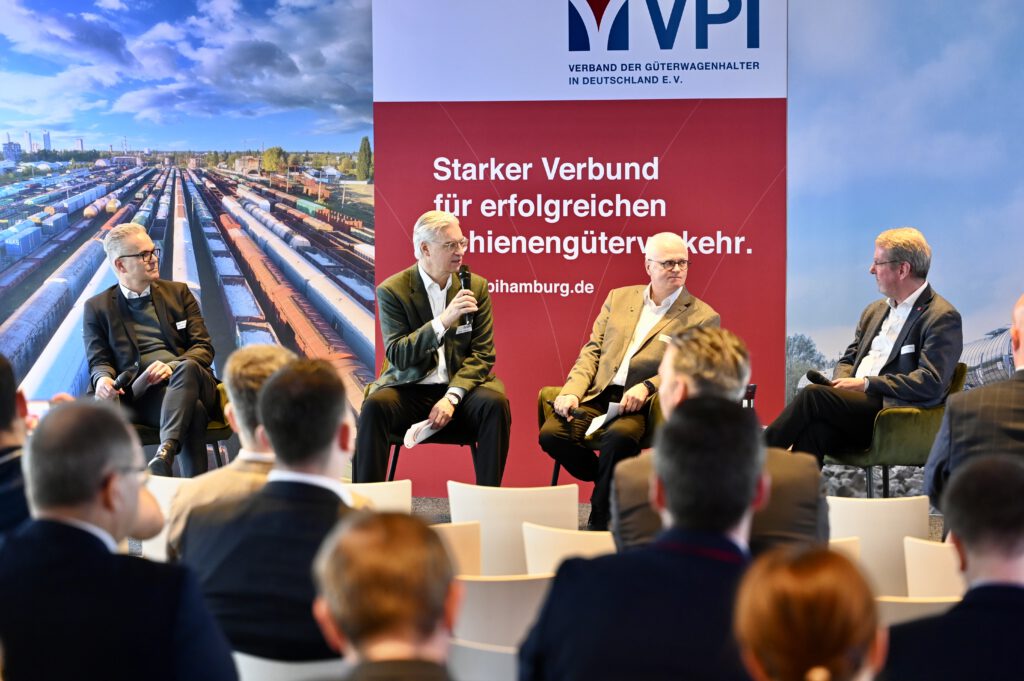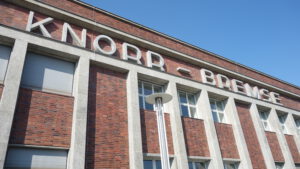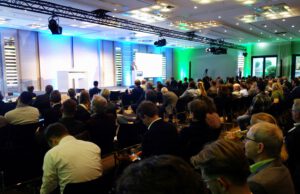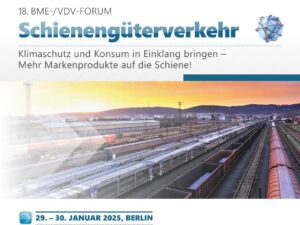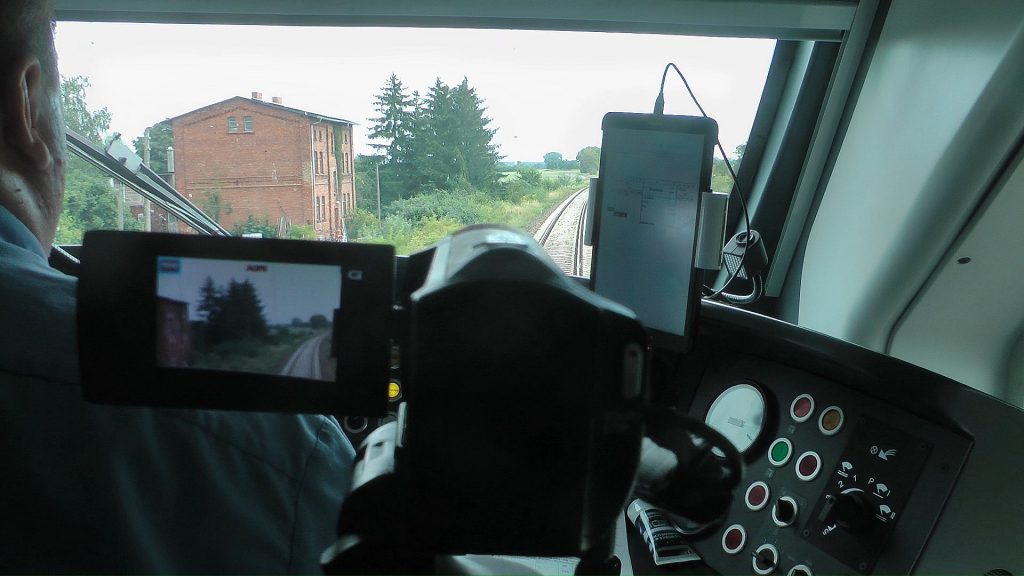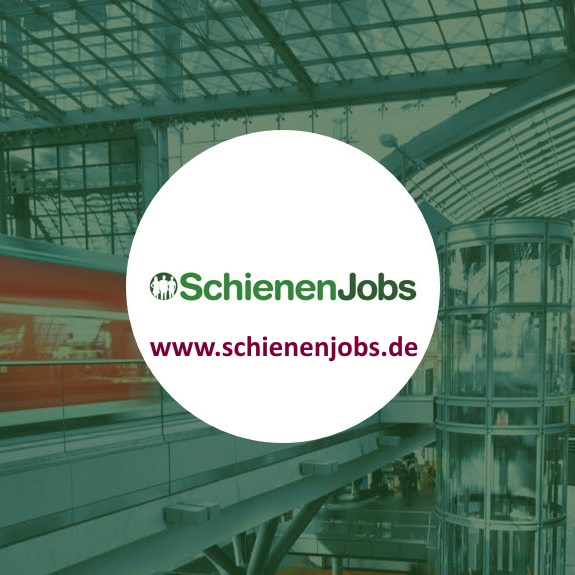The number of tasks ahead is enormous, explained Lawrenz. The renovation of the rail infrastructure, digitisation and efficiency improvements must be driven forward in parallel. “The sector needs reliability in the federal government’s rail policy commitment for upcoming investment decisions,” emphasised Lawrenz. He made a clear appeal to the incoming federal government to maintain the priority for environmentally friendly rail:
“Efficient rail freight transport is indispensable – both for our economy and for climate protection,” said Lawrenz.
The rapid renovation of the rail network must continue to be at the top of the Ministry of Transport’s agenda for the next legislative period. “This task requires a long-term financing perspective that goes beyond budget years,” explained Lawrenz, calling for the establishment of a rail fund based on the Swiss model to ensure planning security.
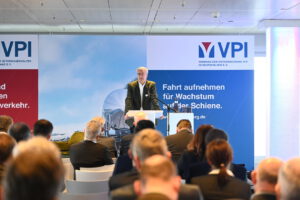
The topic of transport policy also played a central role in the contributions and discussions in the morning of the symposium.Thomas Dittmann (Die Güterbahnen) assessed the DB InfraGo concept of general renovation, while Ludolf Kerkeling (HVLE) looked at the competitiveness and promotion of single wagon traffic.In the subsequent panel discussion, the speakers, together with Axel Marschall (Infront) and Carsten Schiering (TWA), discussed the industry’s expectations of politics and the most pressing challenges facing the sector.
The afternoon program focused on innovations and future trends. Axel Marschall (Infront) offered insights into current developments in the automotive sector, while Stefan Kirch (Nevomo) presented the innovative MagRail system together with Jonas Tesch (Captrain). Jens Engelmann (railiable) and Heiko Radke (VERS) concluded with a status report on DAK and the DACFIT project. hfs/kd


